"Everything is over. The note should be short, simple, deep, as it fits, indifference, forgiveness full ". This excerpt comes from a poem by Kostas Karyotakis that existed in the collection "ideal suicides" published in 1927.
A year later this great poet ended his life.
Ο Costas Karyotakis he was a sad man. Naturally, he was also a sad poet. The best sad poet that Greece has ever produced and certainly the most important literary "voice" that emerged in the 1920s.
One can hardly find even a small crevice of joy and optimism in the poems he wrote. Karyotakis's poetry has nothing sensual or heroic. She is anti-heroic. It deconstructs everything through self-sarcasm and deifies the ignorant.
Does all this sadness take away even a small part of his greatness? Obviously not. It is no coincidence, after all, that so Ritsos and Seferis stated that they had been influenced by his work.
Karyotakis tried to live. It worked. He fell deeply in love. He laughed. None of this, however, gave him the motivation he needed to keep trying.
And so, after writing about pain, sorrow, misery and loneliness, at the age of just 32 and while he still had so much to give to the arts and letters of this place, he went alone, to the date of death.
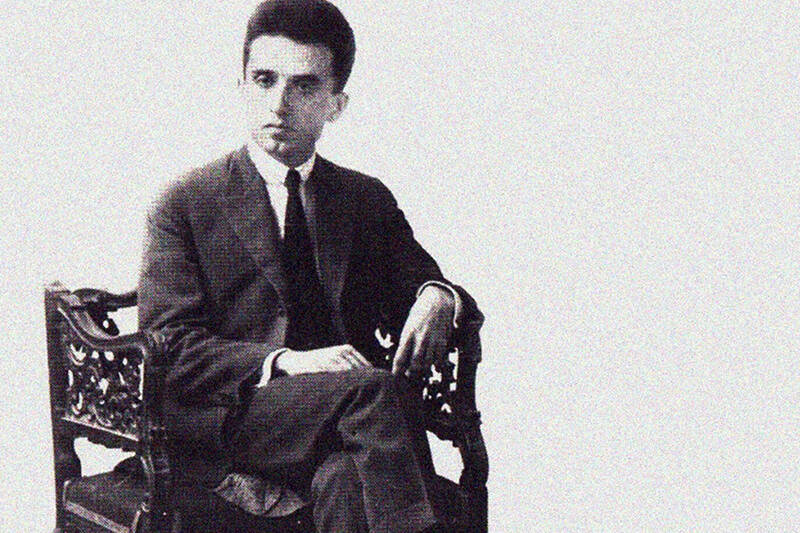
Costas Karyotakis saw the first light of day in Tripoli on October 30, 1896. He was the second child of the family, followed by another after him.
His father, George Karyotakis, was a law engineer and because of his job the family was often forced to change houses and areas. They lived in Lefkada, Patras, Larissa, Kalamata, Argostoli, Athens and Chania.
Little Costas, from the very first years of his life, it was clear that he was different from all the other young people of his age.
Modest, measured, serious, sad and rarely smiling, he showed from an early age the tendency towards letters.
He has been publishing since his teenage years poems in children's magazines, while his name is also mentioned in a short story competition of the magazine "Children's Physique". In 1917 he completed his studies in Law. He tried to follow the profession of a lawyer, but did not succeed and got a job in the public sector. He started working in the Prefecture of Thessaloniki.
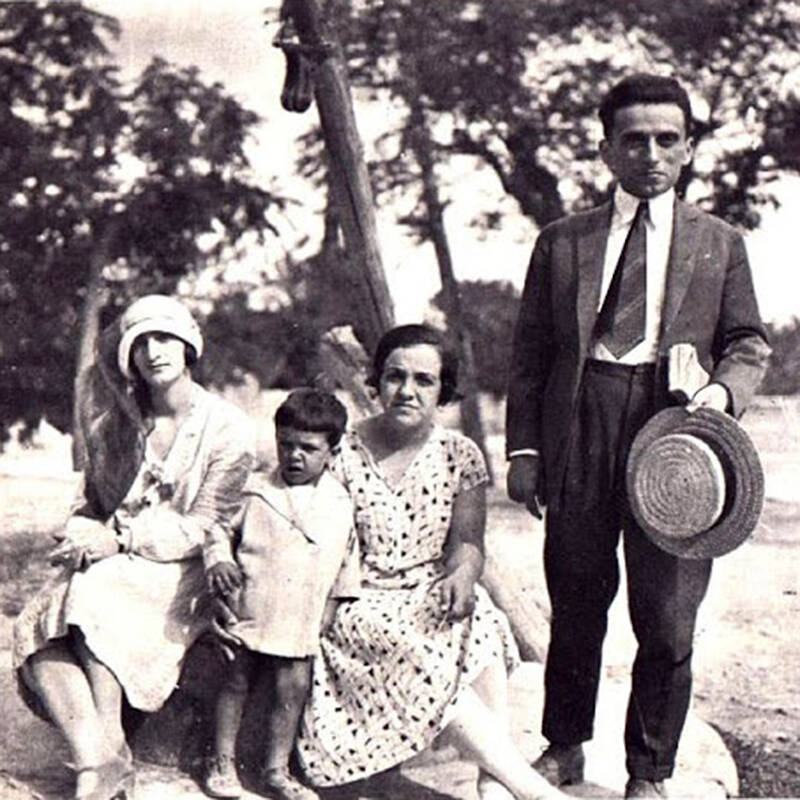
He hated his job and the bureaucracy as much as anything and developed a kind of trade unionism. For this reason he was in constant conflict with his superiors and they punished him with transfers. Syros, ARTA, Athena…
In all of this, Karyotakis begins to publish poetry collections. "The Pain of People and Things", his first, was published in February 1919 and did not receive very positive reviews. His second collection, entitled "Nipenthi", was published in 1921 and in December 1927 his last collection of poetry was published, entitled "Elegy and Satires". From "Nipenthi" onwards, Karyotakis was a significant figure in domestic poetry.
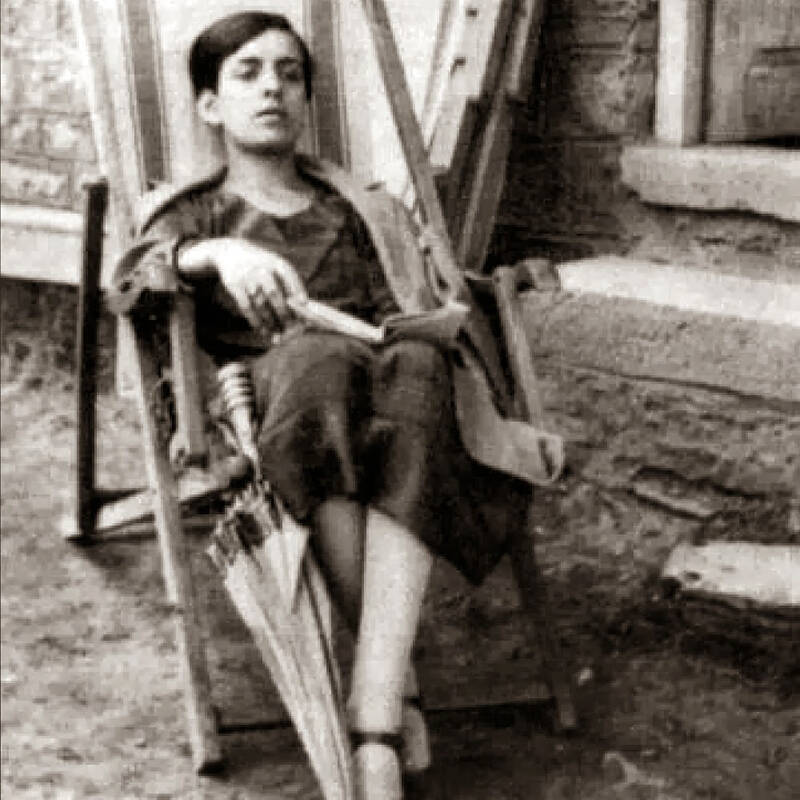
Somewhere between his hatred for his work and the way out of poetry, Karyotakis falls in love. His first great love was Anna Skodryli, whom he met as a teenager in Chania. The second was the poet Maria Polydouri his colleague in the Prefecture of Attica.
Karyotakis loved Polydouri deeply but never managed to overcome Skodryli.
They met Polydouri in December 1921. He was fascinated by her attitude towards life. She was fascinated by his poetry. The bohemian life that Polydouri led, however, was a heavy burden for Karyotakis. The liberated girl even proposed to him but he refused.
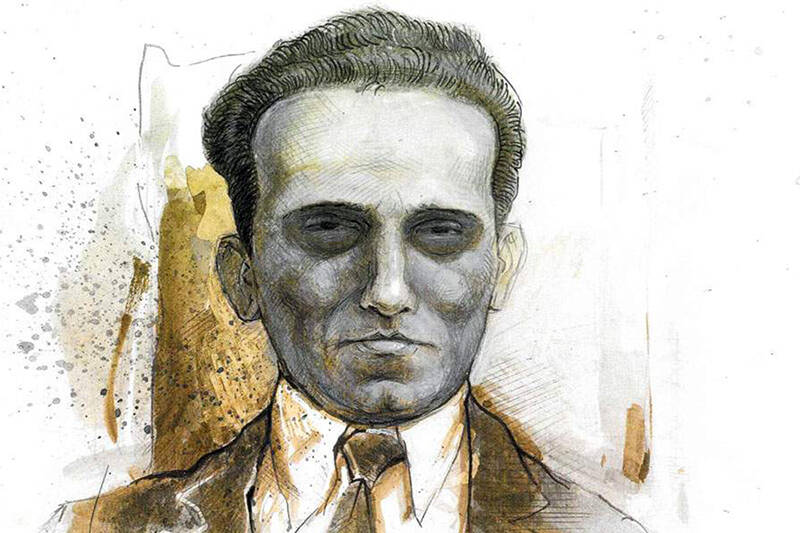
At first he referred to his ugly appearance and how it would not suit her when she insisted, however, he told her that he was suffering from a venereal disease. Polydouri did not believe him but he did not take a step back and insisted that nothing more could be done between them.
Scholars of his work say that in his poem "Ochra Spirochaitis" (the name of the germ that causes syphilis), is the proof that the poet really suffered from this disease.
This love remained unfulfilled. Polydouri, wounded and betrayed, left for Paris where she continued to lead an unconventional life. Somehow Karyotakis was left alone, continuing his lonely path to death.
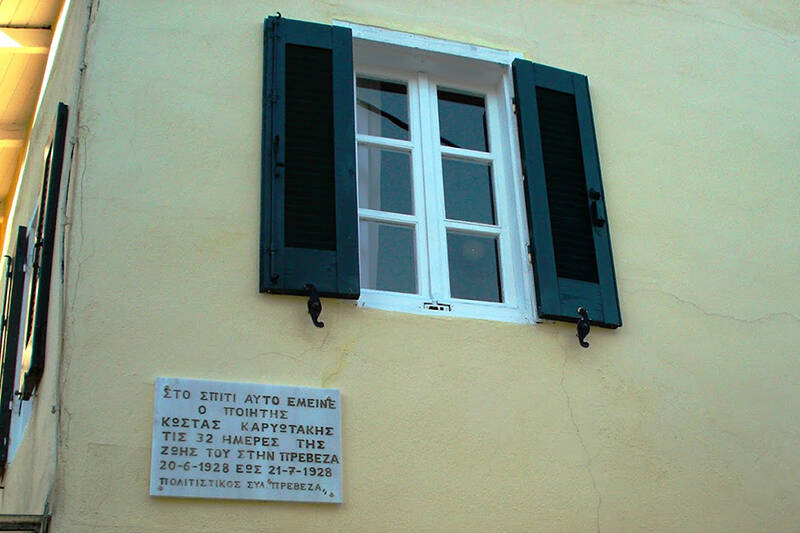
In February 1928 Karyotakis was seconded to Patras and a little later to Preveza. At its last station. His correspondence with his relatives during this period highlights Karyotakis' despair. On July 20, he went to Monolithi and dived into the sea and for ten hours tried to commit suicide, trying in vain to drown.
The next day (July 21) he bought a revolver and visited a cafe in Preveza. After spending a few hours alone smoking, he went to the beach of Agios Spyridon, sat under an eucalyptus tree, turned his gun on himself and shot himself.
In his pocket, the police found a note explaining her reasons suicide of:
"It's time to dump her and move on. My biggest flaw was my unbridled curiosity, my sick imagination and my attempt to find out about all the emotions, without being able to feel most of them. But I hate the vulgar act attributed to me. I only asked for its imaginary atmosphere, the ultimate bitterness. Nor am I the right person for the job. My whole past convinces me of this. Every reality of mine was disgusting. I had the vertigo of danger. And I accept the danger that came with a willing heart. I pay for those who, like me, did not see any ideal in their lives, always remained victims of their hesitations or considered their existence a game without substance. I see them coming more and more with the centuries. I am addressing them. After experiencing all the joys I am ready for an honorable death. I feel sorry for my unhappy parents, I feel sorry for my siblings. But I leave with my forehead up. I was sick. Please telegraph, in order to predispose my family, to my uncle Demosthenes Karyotakis, Monis Prodromou Street, Aristotelous lane, Athens.
[PS] And to change the tone. I advise those who know how to swim never to attempt suicide by sea. All night tonight, for ten hours, I was drenched in the waves. Mild plenty of water, but every now and then, without realizing it, my mouth would rise to the surface. "Someday, when I get the chance, I will write the impressions of a drowned person."
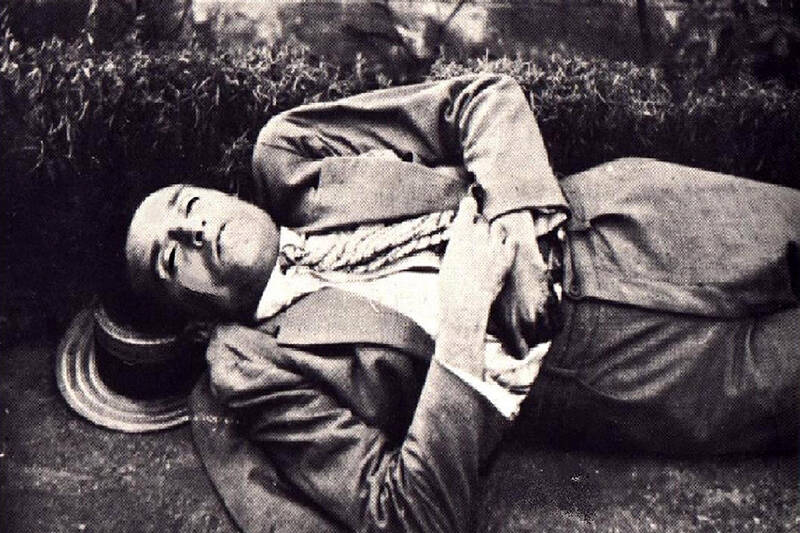
Contemporary scholars of Karyotakis' life and work are now convinced that the great poet did not commit suicide due to depression.
They say that a specific passage from his last letter may reveal the truth. «But I hate the vulgar act attributed to me. I only asked for its imaginary atmosphere, the ultimate bitterness. Nor am I the right person for the job. " No one knows more details. Only assumptions can be made.
It is said that Karyotakis had an affair with a prostitute before being transferred to Preveza. It is not excluded, then, that some people took the opportunity to punish the "annoying trade unionist" with a case of pimping and to end it permanently.
What really happened and what was this "vulgar act" for which he was accused, will remain a mystery forever.
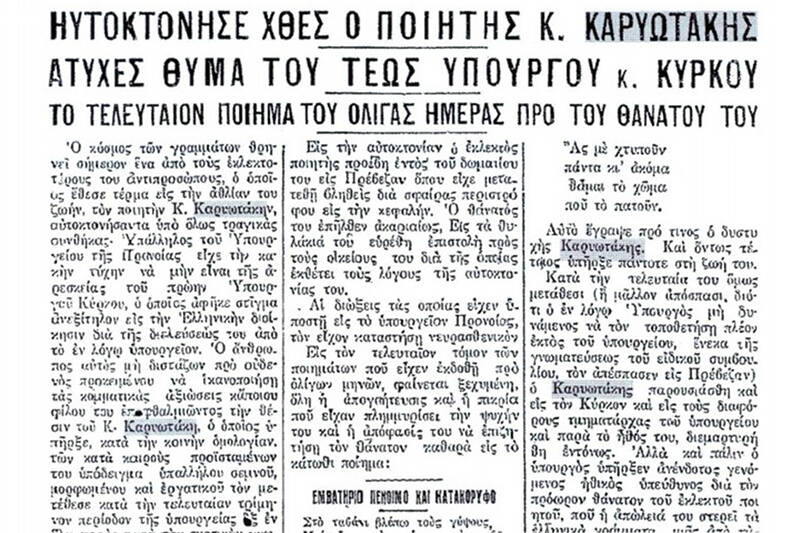
As far as Polydouri is concerned, at Paris got tuberculosis. One night they found her lying on the street. He returned to Athens to be treated at "Sotiria". There he learned the bad news about Karyotakis's suicide.
This news paid off even more. Her health condition deteriorated and she collapsed psychologically. On April 29, 1930, she could no longer bear to ask a friend to supply her with morphine and committed suicide by taking an overdose.
